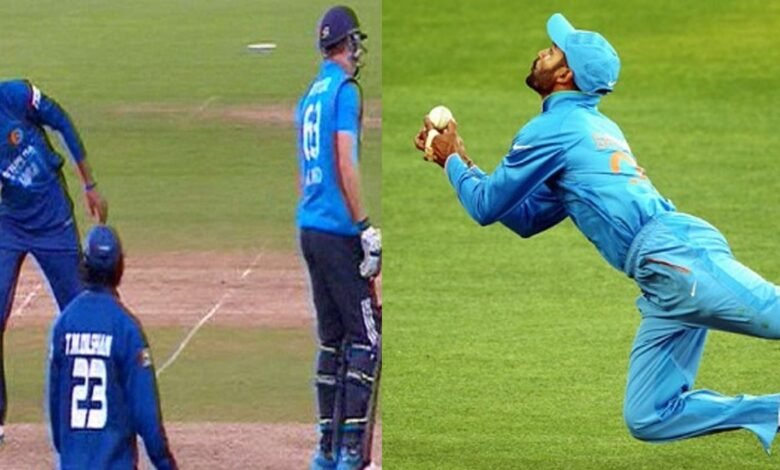3 New Rules Which Will Be Effective From 1st October 2022 In International Cricket
Deprecated: preg_split(): Passing null to parameter #3 ($limit) of type int is deprecated in /home/u548478835/domains/sportsamaze.com/public_html/wp-content/themes/jannah/framework/functions/post-functions.php on line 791

The rules of international cricket evolve regularly. Initially, international cricket had only one format – Tests, and then came the ODIs and the T20Is. Nowadays, even Test matches are played under the lights and with pink-ball, popularly called the day/night Test matches.
Previously, there was a bowl-out to decide the winner of a tied match, but now there is a Super Over. Even the boundary count rule no longer exists. So rules have changed regularly in cricket, and earlier today, the MCC announced a few changes to the existing laws of cricket.
Here are the three big rule changes that will happen in international cricket with effect from October 1, 2022.
1. Mankading is officially run out now
Earlier, when the bowler ran out the non-striker batter before delivering the ball, it was known as Mankading. It always sparked a debate about Spirit of Cricket, but now the MCC has silenced all debates by declaring that the bowler has the right to run out a batter at the non-striker’s end if he is leaving the crease early.
2. Batters cannot change ends during a catch dismissal
Often it has been seen that when a batter hits the ball in the air, the two batters run. If the catch is taken by the fielder, then the run is not counted, but a change of ends is considered. However, the same will not be the case now. The new batter will take the guard after a catch dismissal, irrespective of run taken or not.
3. Saliva rules changed in international cricket
MCC noted that the saliva had little to no impact in cricket. Previously, fielders and bowlers shone the ball with saliva, but ICC banned because of COVID-19. Now, MCC has permanently banned saliva from cricket considering how things have been working without it. The rules will be in effect from October 1 later this year.




